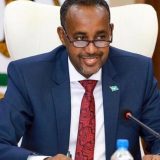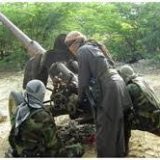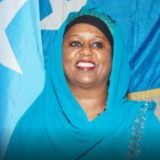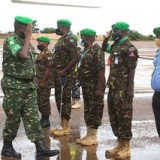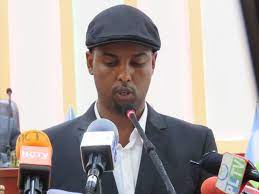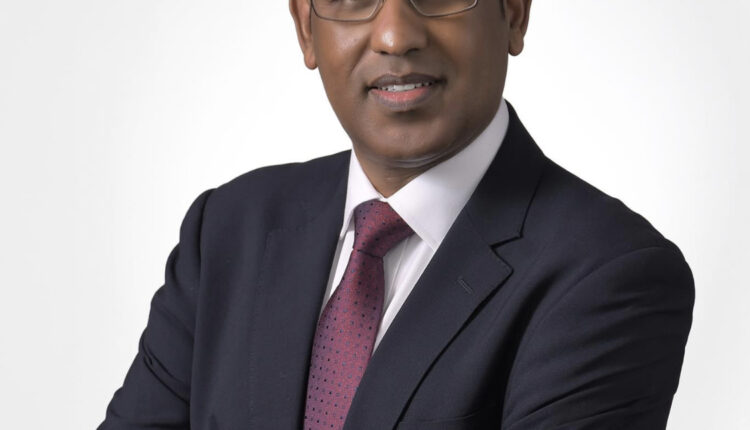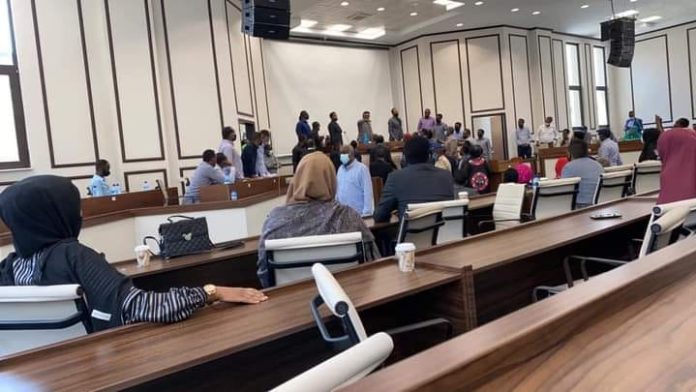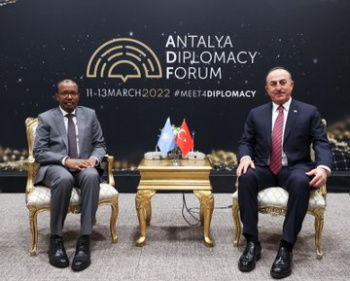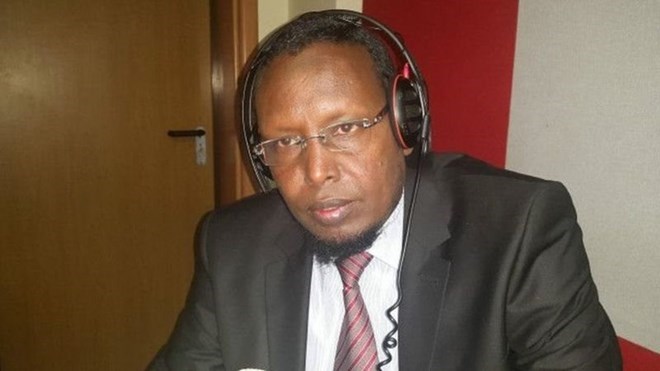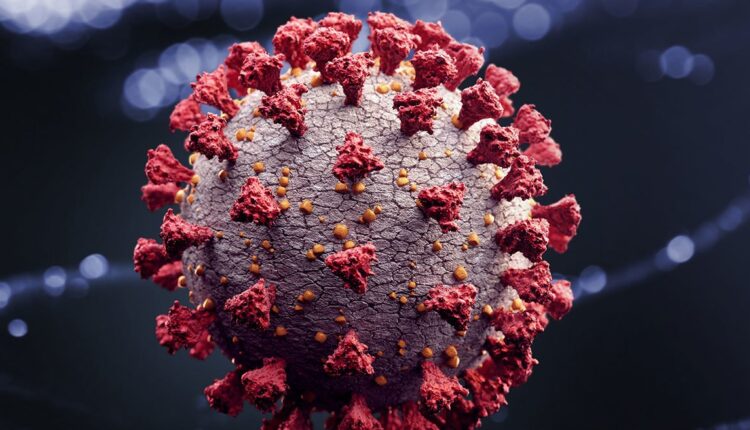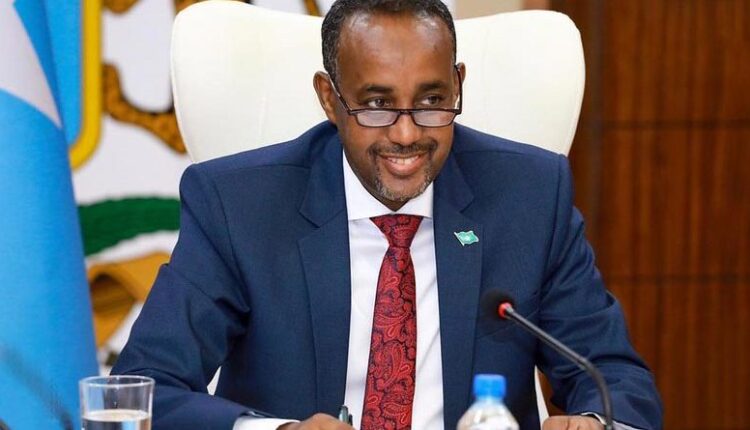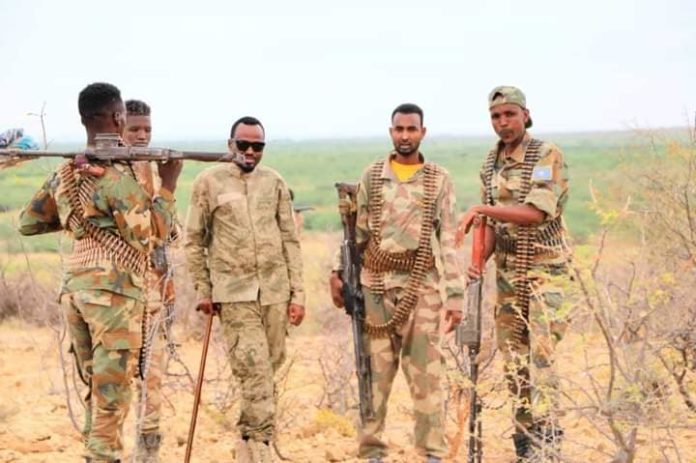“Women and girls are facing more invisible threats than just hunger.”
Executive Director of UNFPA, Dr Natalia Kanem, calls for urgent action to help save the lives of women and girls affected by the drought in Somalia.
UNFPA Executive Director’s visit to Somalia. UNFPA
Mogadishu, Somalia. “A catastrophe is unfolding in Somalia. The country has been blighted by the longest and most severe drought in recent history, which is expected to continue well into 2023. Entire communities are bearing the brunt of the worsening food crisis, but as is often the case, women and girls are paying an unacceptably high price.” said a statement issued on behalf of Dr Natalia Kanem, Executive Director of UNFPA, as she completed a 2-day visit to Somalia.
Dr Kanem was visiting Somalia to call for urgent and increased support to women and girls affected by the worst drought to have hit the country in 40 years. During the visit, Dr Kanem met with the Prime Minister of Somalia, Hamza Abdi Barre, to discuss areas of collaboration between the government and UNFPA, and reiterated UNFPA’s commitment to serving the women and girls affected by the humanitarian crises, especially in the internally displaced people camps and host communities. She also met with representatives of UN agencies, Donors and other stakeholders.
Dr Kanem also visited the Kabasa IDP camp in Doolow, Jubaland state, and met women and girls who had walked for days across Ethiopia and Somalia to reach the camp with their children. Dr Kanem noted that while there is a desperate need to get food and water to the people in need, services that are critical to women and girls’ health, survival and future are also critically important; adding that “These services are the difference between life and death.”
The unprecedented drought in the region has left more than 7.8 million people in need of urgent humanitarian assistance in Somalia; the majority of those displaced are women and children. Conflict and security threats are worsening the effects of the extreme weather, pushing millions to the brink of starvation. Women and girls are paying an unacceptably high price. The drought has resulted in an increased number of malnourished pregnant women, most of whom are based in camps. The number of women having critical and life-threatening complications during births is also increasing. In the absence of qualified birth attendance and access to health services and facilities, the number of maternal and newborn deaths, which are already very high in Somalia, is likely to increase to devastating levels, especially for those in the IDP camps.
“The current crisis has far-reaching impacts for women and girls across the region,” said Dr Kanem, “Unless we act now, thousands will die, and countless more will face other dangers and rights violations, including rape and child marriage.”
“UNFPA is committed to providing critical and life-saving support to women and girls affected by the devastating drought in Somalia.” said Niyi Ojuolape, UNFPA Country Representative for Somalia, adding that “We are working to ensure that the dignity and wellbeing of women and girls are protected, they are safe from harmful practices and violence, have access to reproductive healthcare, and that all childbirths are safe.”
UNFPA is working with UN agencies and local partners to scale up the delivery of life-saving reproductive health and protection services and is appealing for $113.7 million for its Response Plan for the Horn of Africa Drought Crisis 2022-2023 to respond to women and girls escalating needs.

